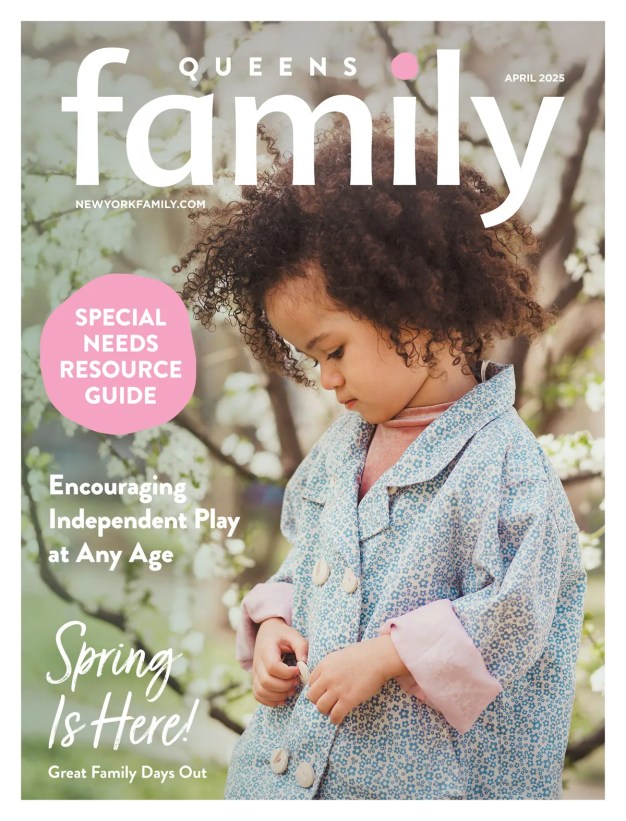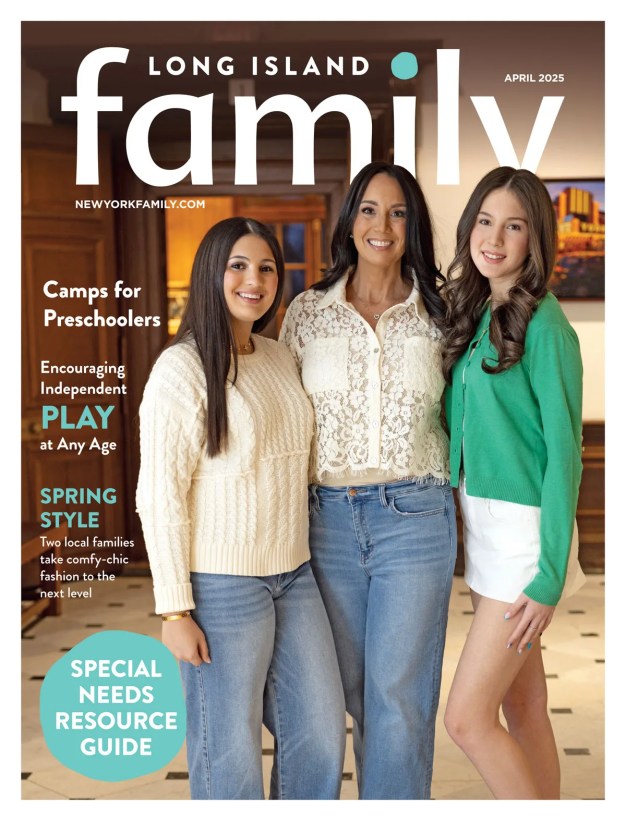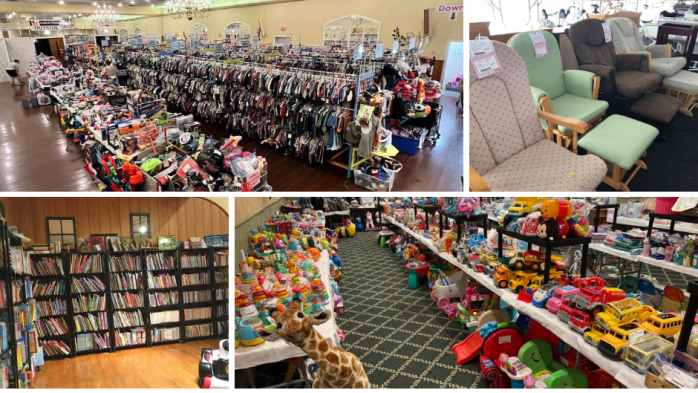There is no doubt about it—today’s young people are stressed out. In fact, 1 in 20 children and teens have anxiety and/or depression, according to The Journal of Developmental & Behavioral Pediatrics. And that anxiety isn’t left at home once a child boards the bus for camp. While camp has always been a respite from the stresses of home, more camps are incorporating mindfulness into life at camp to give campers tools they can use year-round to reduce stress and anxiety.
Ryan Peters, director of Camp Poyntelle, a Jewish coed overnight camp in Pennsylvania, has been watching campers arrive at camp with a lack of coping skills and a hesitancy to try new things for fear of failing. “Without a doubt, both campers and staff are coming to camp with generalized anxiety and while we know we can’t remove everything that causes stress for a child, we certainly can offer them skills to help them cope.”
RELATED: Read What Every Camp Parent Should Know
Peters says he wanted to create a daily event that fostered the belief that campers and staff need to focus on themselves. “Last summer, we hired a school child psychologist who speaks to the camp daily after breakfast, using a two-minute meditation app that offers positive visualization, a focus on breathing, attention to themselves, and the ability to reset and rebalance. The three to four minutes culminates in a discussion about our kindness value where we post messages to a kindness board in the dining hall,” Peters explains. Besides the morning meditation, Camp Poyntelle offers elective activities in the afternoon that are mindfulness related. “These electives are smaller groups that tend to be quieter activities than other aspects of camp like the sports field or dining hall. We offer a Pawesome Dog Program where campers walk dogs, pet and play fetch, and groom the dogs. Other electives include group nature hikes, Mad Libs under a tree, book club, and yoga designed for mindfulness. All these activities allow for campers to quiet their minds and reduce the noise,” Peters says.
A few summers ago, Jed Dorfman, director of Camp Walt Whitman, a coed overnight camp in New Hampshire, hired a staff member who was a teacher trained in mindfulness. “During our leadership training, she ran sessions on how to center and ground yourself. It helped our leadership team and overall staff to focus on breathing exercises and how to breathe, relax, and not let emotions overrun you during stressful situations that can occur at camp. The staff member was available during the summer if campers or staff were struggling and wanted to meet with her. She was she a great resource for them,” Dorfman comments. Since then, one of Camp Walt Whitman’s directors has been trained in mindfulness and helps staff and the oldest campers with their mental focus and energy.
RELATED: Find the Best Summer Camp For Your Child
When Camp Poyntelle first implemented these mindfulness programs, Peters was aware that parents could misinterpret this as therapy because they hired a psychologist. “Our mindfulness program isn’t therapy. We are helping campers proactively focus on ways to manage the stresses of life,” Peters says. “Being at camp helps alleviate a lot of the anxiety campers feel at home from school or social media but what happens when they go home? It comes right back. We help our campers by giving them the tools to help balance themselves.”
Dorfman adds, “For the most part, campers and staff are able to be present in the moment at camp. They aren’t thinking about the stress of their exams or what their parents are thinking about something they are doing. However, being able to provide campers and staff with breathing skills and ways to stay in the moment is just another life skill we are teaching. We consider it one of the many skills they will learn at camp that will have a long term effect.”


















